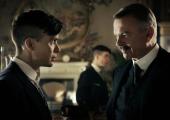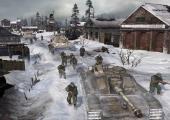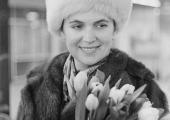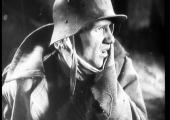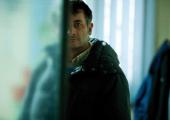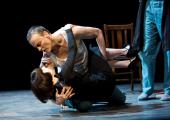The Silent War, BBC Two

Strange secrets from the invisible underwater struggle waged by three navies
The cumulative effect of the BBC's Cold War season hasn't been to remind us that truth is stranger than fiction so much as to demonstrate how they swirled together into a miasma of delusion and uncertainty. We've seen Reds under the bed and spies in the ointment and revisited once again notorious episodes of the highest treason.

